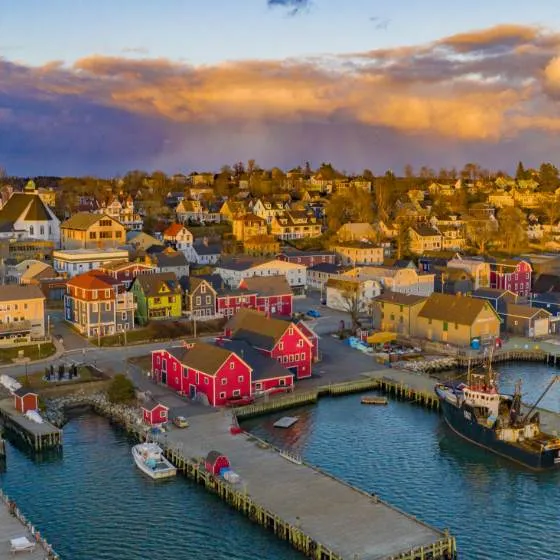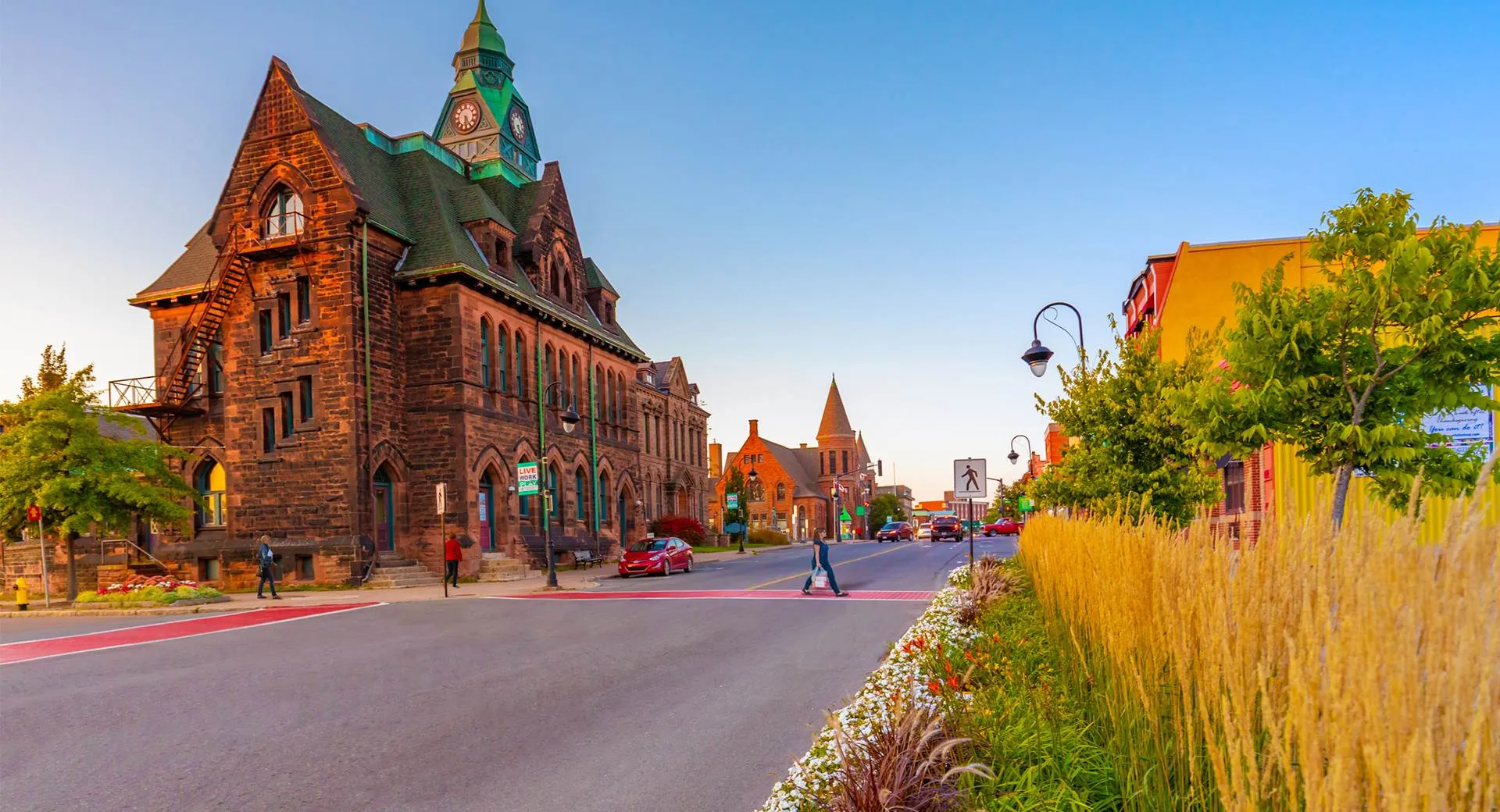
The more you plan and organize before coming to Nova Scotia, the more enjoyable your move will be. You might even want to make a list of things to do and see so you can spend your first few days settling in and becoming familiar with the lifestyle.

What area you live in Nova Scotia is a major deciding factor. Get to know what makes our 8 distinct regions unique and find the one for you.
This list covers some of the most important items to consider before you arrive:
Assess Your English or French
English is the primary language and French is the secondary language used in Nova Scotia. Find out if your English or French language skills are ready for living and working here, or if you should start taking classes before you arrive. After you arrive, there are lots of different English or French as an additional language training programs offered in Nova Scotia.
Do Some Career Research
If you or a family member don’t already have a job before leaving, you should do some research on jobs in your industry and find out what credentials you might need. It’s a good idea to get started on your job hunting too. Nova Scotia has lots of resources for career information and job postings.
Open a Bank Account
It is a good idea to open a bank account before arriving in Nova Scotia so you will have some money when you get here. It is not safe to carry a lot of cash with you, so a bank account is highly recommended. Having a bank account will also make it easier for you to receive payment from employers. View a list of banking programs offered for newcomers.
Find Out Where You Will Live
There are lots of different types of living arrangements for you to choose from in Nova Scotia. You may be renting an apartment or plan on buying a house, but in most situations you will probably need a place to stay immediately after you arrive. It is great if you have friends or family that you can stay with. There are also lots of affordable hotels, motels, inns, and bed and breakfasts located close to the airport, in Halifax, and throughout Nova Scotia. Learn more about the different regions in Nova Scotia.
Gather Your Documents
- A Canadian immigrant visa (if applicable) and Confirmation of Permanent Residence for each family member traveling with you
- Valid passport for every family member arriving with you
- Birth certificates
- Marriage certificate
- Academic credentials
- Resume (Curriculum Vitae/CV)
- Job references
- Credit references
- A valid driver’s licence and a Driving Experience Letter from your home country (if applicable)
- Vehicle Insurance Document – if you are bringing your vehicle with you
- Medical and dental records
- Two copies of a detailed list of all the personal or household items you are bringing with you
- Two copies of a list of items that are arriving later and their money value
NOTE: Make sure all of your documents are originals. You should also have photocopies in case you lose your originals. Keep the photocopies in a separate place. If your documents are not in English or French, you will need to bring certified translated copies with you as well. Translation services are also offered through the Immigration Services Association of Nova Scotia.
For more information on what documents to bring with you to Canada, visit the IRCC website.

Be Prepared for Every Season
Nova Scotia experiences all four seasons. It is important to know what type of clothing to bring so you will be prepared. Our weather is described as moderate, which means it never gets extremely hot or extremely cold. In the summer you will be comfortable with T-shirts during the day and might need a sweater at night. In the winter you will need to have a warm jacket that protects you from snow. Warm gloves, hats, scarves and boots are also necessary in the winter.

Get to Know the Average Temperatures
Spring
Mid March to late April: 0 to 10 C (32 to 50 F)
Late April to mid June: 10 to 20 C (50 to 68 F)
Summer
Mid June to mid September: 20 to 25 C (68 to 77 F)
Fall
Mid September to mid November: 10 to 20 C (50 to 68 F)
Mid November to mid December: 0 to 10 C (32 to 50 F)
Winter
Mid December to mid March: -15 to 0 C (0 to 32 F)
